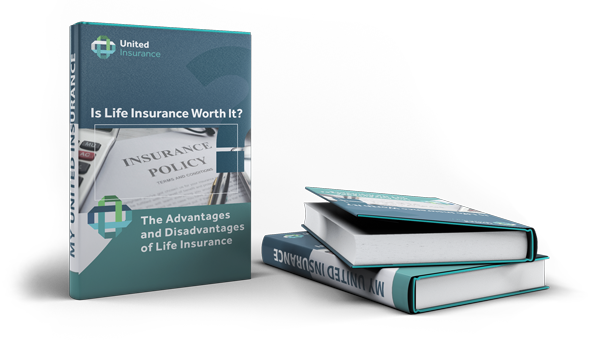
Making a plan for your end of life might seem like a morbid task, but it is one that can give you peace of mind. Knowing what will happen when you die can help reduce stress for your loved ones. This can make the process easier for them. In this blog post, we will discuss steps you need to take to create a smart end of life plan.
Have a Will and Update Periodically
One of the most important steps in creating a smart end of life plan is to have a will. This document will outline your final wishes, and can help to avoid any confusion or disputes among your loved ones. It is important to update your will periodically, as your circumstances may change over time. You should also appoint a trusted executor, who will be responsible for carrying out your wishes.

Health Care Directive
Another important step is to create a health care directive. This document will outline your wishes for medical treatment if you are unable to make decisions for yourself. You can appoint a trusted individual to make decisions on your behalf. Also, then can specify the types of treatments you do or do not want to receive.
Powers of Attorney
Another key step in creating a smart end of life plan is to appoint a power of attorney. This person will be responsible for managing your finances and legal affairs if you are unable to do so yourself. You should choose someone you trust implicitly, who has the ability to make sound decisions on your behalf.
Have Life Insurance
A final step in creating a smart end of life plan is to have life insurance. This can help to provide financial security for your loved ones after you die. It is important to choose a policy that meets your needs, and to review it periodically to make sure it still meets your needs.
Review Beneficiary Designations
Another important consideration when creating a smart end of life plan is to review your beneficiary designations. These are the people who will receive your assets after you die, and it is important to make sure they are up to date. You should also consider whether you want to leave specific instructions for how your assets should be distributed.
Final Expense Insurance
One type of insurance that is often overlooked in end of life planning is final expense insurance. This type of policy can help to cover the costs of your funeral and other end-of-life expenses. It is important to shop around for a policy that meets your needs, and to compare prices before you purchase.
Term Life
Another type of insurance that is worth considering in your end of life planning is term life insurance. This type of policy can provide financial security for your loved ones after you die. It is important to choose a policy that meets your needs, and to review it periodically to make sure it still meets your needs.

Whole Life
A third type of insurance that you might want to consider in your end of life planning is whole life insurance. This type of policy can provide financial security for your loved ones, and can also be used as an investment vehicle. It is important to choose a policy that meets your needs, and to review it periodically to make sure it still meets your needs.
Universal Life Insurance
A fourth type of insurance to consider in your end of life planning is universal life insurance. This type of policy can provide financial security for your loved ones, and can also be used as an investment vehicle. It is important to choose a policy that meets your needs, and to review it periodically to make sure it still meets your needs.
